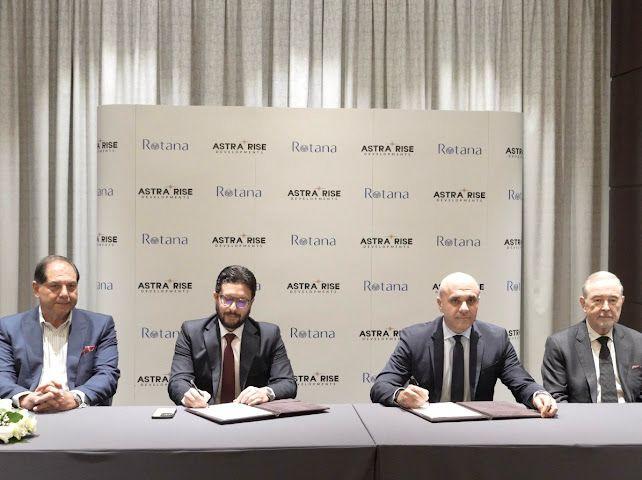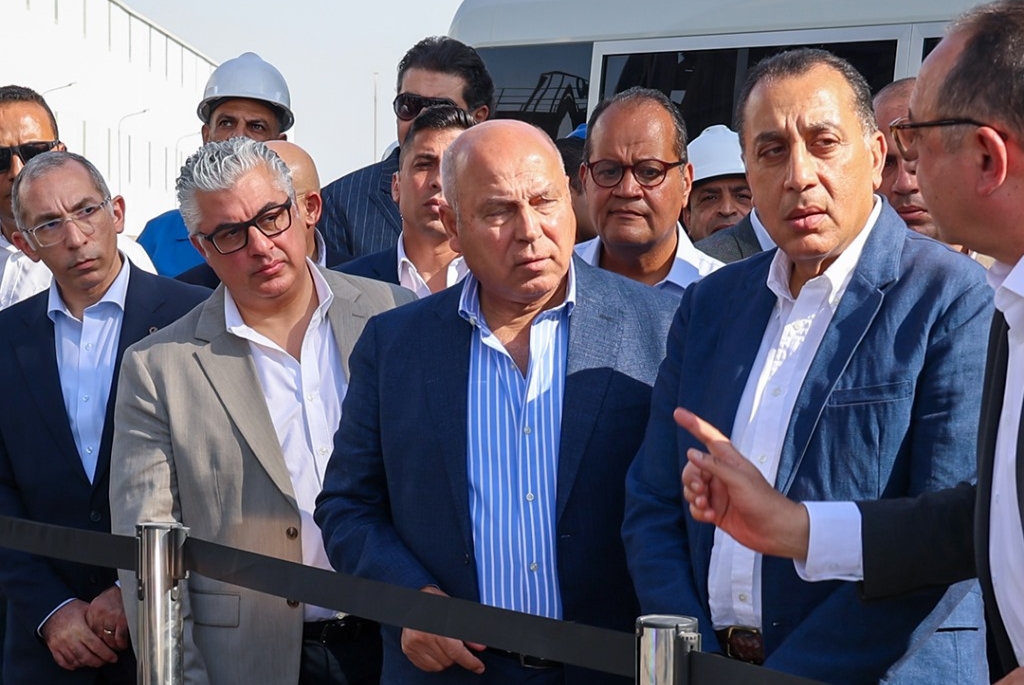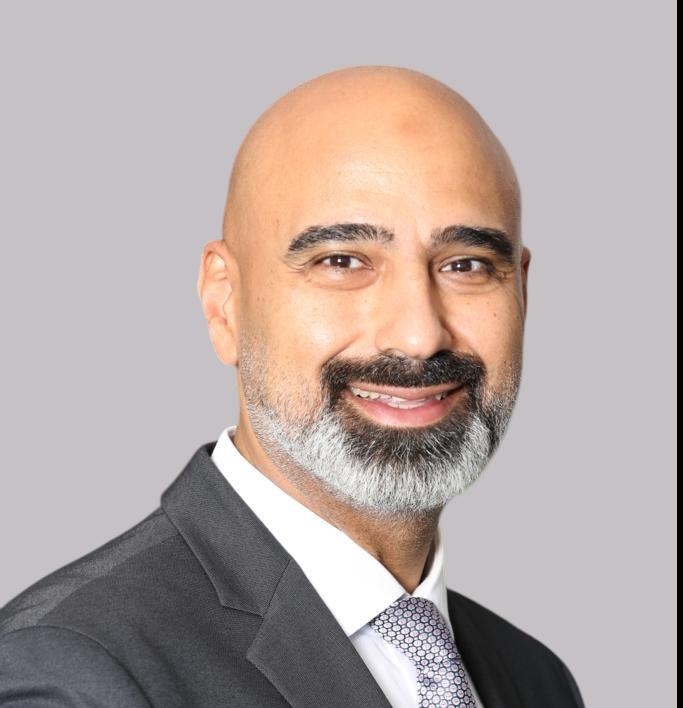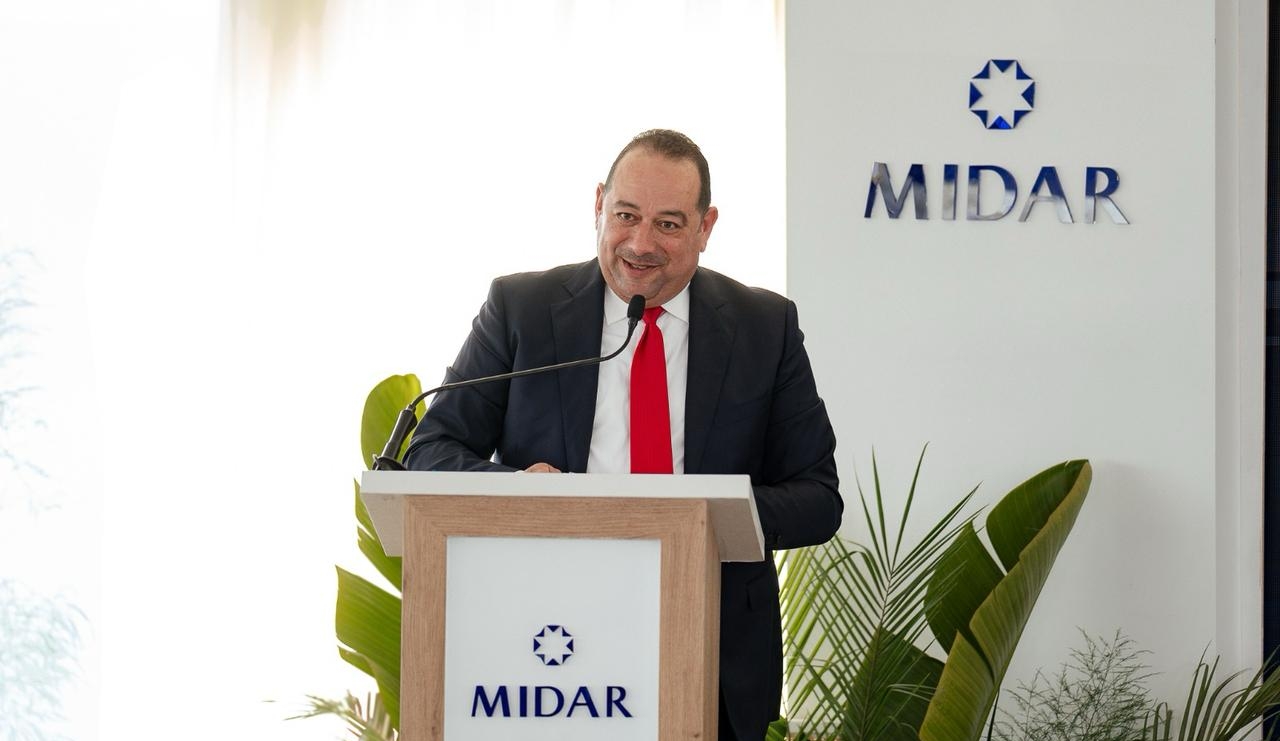Dubai – Masaader News
technology to reduce the tax compliance burdens on taxpayers, according to the 2019 edition of the annual Paying Taxes report, produced by PwC and The World Bank Group.
The report found that the global average results for the compliance burden for business taxation are almost unchanged across four key measures: time to comply (237 hours); number of payments (23.8); Total Tax and Contribution Rate, or TTCR (40.4%) and Post-Filing index (59.6 out of 100). However, from a Middle East standpoint, the region has the lowest average time to comply (144 hours) ; number of payments (17.1); Total Tax and Contribution Rate, or TTCR (24.4%) and Post-Filing index (44.6 out of 100)
Paying Taxes 2019 draws upon a comparison of the taxation of business in 190 economies. The report models business taxation in each economy using a medium-sized domestic case study company.
Paying Taxes 2019 illustrates how developments in tax software, real time reporting systems and data analytics are transforming the capabilities of tax administration. Some advanced economies have continued to improve their systems to the benefit of both taxpayers and tax authorities, recording significant decreases in the time it takes to prepare, file and pay taxes and in the number of payments indicator.
Yet the report notes that the size of the gains in 2017 is relatively small in global terms. The fact that there has been little change to the global average, despite 113 economies introducing tax reforms over the same period, suggests reforms are limited in nature. It also highlights that implementing new technologies for tax compliance can increase the administrative burden, at least in the short term, and that such implementation requires careful planning and consultation.
While many economies have made considerable improvements in their tax systems in recent years, the findings also suggest that some economies are finding it difficult to implement online filing and payment due to the lack of IT infrastructure, cultural barriers and complex legislation. Here
Overall, the findings of Paying Taxes 2019 support trends that have been present since the survey began in 2004.
Paying Taxes also notes that governments will need to take account of how new technology affects the nature and patterns of employment and profit generation and the consequent impact on the income streams that are available to be taxed.
Andrew Packman, leader for Tax Transparency and Total Tax Contribution at PwC said:
“This report highlights the extent to which, when implemented strategically, new technology can drive considerable efficiencies for tax authorities and businesses alike. Yet it is also important to remember that improvements to tax systems do not come from technology alone. Simple, coherent, well understood and properly administered tax systems can help to lower the barriers for businesses to move from the informal to the formal sector. This can broaden the tax base and raise revenue without requiring new taxes. To do so, tax professionals and policy-makers need to have access to the correct skills and insight, which technology gains can help to support.”
Mark Schofield, PwC Middle East Tax & Legal Services Leader, said:
“The Paying Taxes 2019 report illustrates that the potential of technology will have a significant impact on the efficiency of tax administration. Whilst new technology can be transformational, it requires careful consideration prior to implementation, skilled staff to utilise the new digital tools and appropriate education of the taxpayer. This is likely to be a key consideration in the Middle East which has seen a lot of tax reforms recently as the regional tax landscape continues to evolve and tax administrations in the region increasingly look to implement new technology and digital solutions .”











